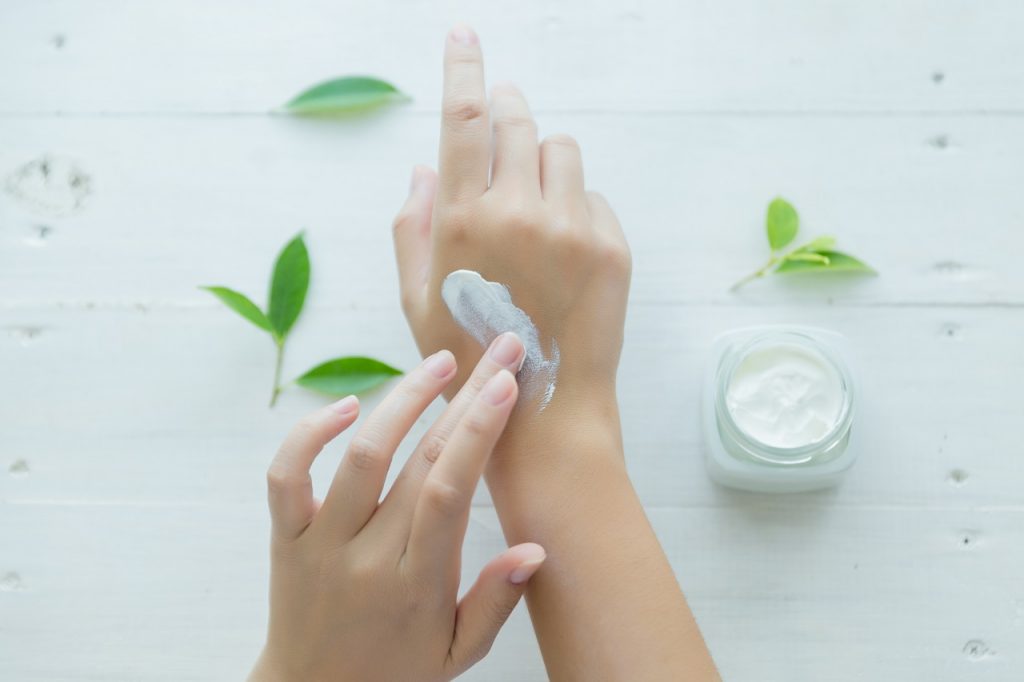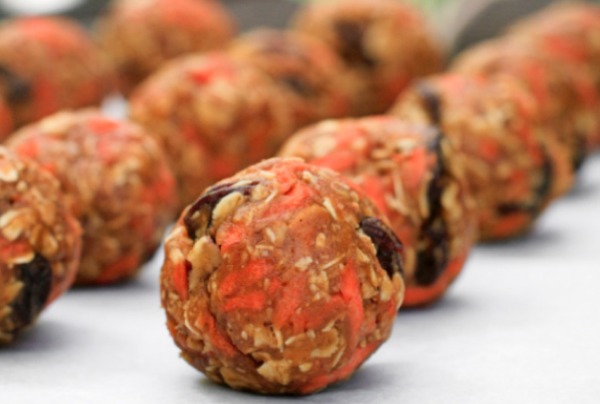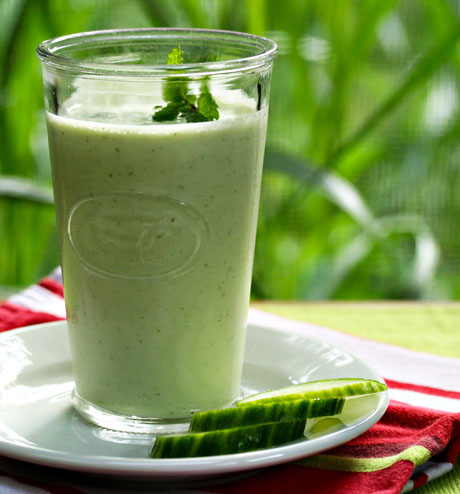 With winter around the corner, we all look forward to the beautiful, exciting days ahead! Despite the cold weather, winters bring a warm feeling that compels us to spend time with friends, family, outdoor picnics, get-togethers coupled with good food and warm drinks! Ah! You get the picture. As with all good things, there’s a flip side to this weather as well. It can be really harsh on your skin, hair and overall health. Ideally, you need to change the way you take care of yourself during this season and that’s why we’re here! We’ll be focusing on a few simple winter skincare tips to help you take care of your skin and keep it moist and supple all season long.
With winter around the corner, we all look forward to the beautiful, exciting days ahead! Despite the cold weather, winters bring a warm feeling that compels us to spend time with friends, family, outdoor picnics, get-togethers coupled with good food and warm drinks! Ah! You get the picture. As with all good things, there’s a flip side to this weather as well. It can be really harsh on your skin, hair and overall health. Ideally, you need to change the way you take care of yourself during this season and that’s why we’re here! We’ll be focusing on a few simple winter skincare tips to help you take care of your skin and keep it moist and supple all season long.
1. Moisturize Your Skin Well
The atmospheric humidity drops drastically during winter and so does the water content in our skin. We need to protect it well with a heavy moisturizer and use it more frequently. Be cautious while picking a moisturizer as you may need to seek advice from a dermatologist to ensure it suits your skin type. For instance, if you have dry or combination skin, you might want to use an oil-based moisturizer instead of a water-based one.
Moisturizers with ingredients such as safflower oil, soybean oil, sweet almond oil, carrot oil, Shea butter will provide sufficient moisture and nourishment to the skin. Moisturize often, at least twice a day. You can even apply oils such as coconut oil, olive oil and mustard oil 10 or 15 minutes before bathing. This will give your skin a protective layer and not let the hot water remove moisture from the skin.
In case you have oily skin, you may not feel the need to moisturize your skin but when the tightness, dryness and itchiness are apparent, start moisturizing! Your hands will need extra care, especially after each wash. Use a hand cream and massage your hands well. Wearing waterproof gloves when washing dishes or cleaning around the house will also keep them in good health.
2. Apply Sunscreen
 Using Sunscreen during winter! What? Well, even in winters, the UV Rays are powerful enough to damage and age your skin. Before you step outside, apply a moisturizing, broad-spectrum sunscreen with an SPF of 15 or higher to all exposed areas of your body. To know which sunscreen you should pick, click here.
Using Sunscreen during winter! What? Well, even in winters, the UV Rays are powerful enough to damage and age your skin. Before you step outside, apply a moisturizing, broad-spectrum sunscreen with an SPF of 15 or higher to all exposed areas of your body. To know which sunscreen you should pick, click here.
3. Keep Yourself Well Hydrated
Water is essential to keep your cells full and hydrated, reducing the risk of skin conditions like chapping, peeling, irritation, itchiness etc. Water also helps remove toxins or impurities from our body giving a smooth and flawless texture to the skin. Dull skin is another common winter issue, due to dry air, in-room heating and lack of hydration. Keep your skin glowing by drinking at least 8-10 glasses spaced out through the day at regular intervals even if you don’t feel thirsty.
4. Eat Good Food
Skincare means nourishing the body from the inside too. Foods rich in Vitamin A, C and E, plus Omega-3 Fatty Acids are especially beneficial to keep the skin healthy, acquire and retain moisture. Foods you should include in your daily diet are Citrus fruits like oranges, grapefruit, Indian gooseberry (Amla), broccoli, carrots, avocados, spinach, blueberries, nuts and seeds, olive oil, and coconut oil. Green tea is also rich in antioxidants which eliminate free radicals and reduces flaky skin. Dark chocolate is also one of the best foods to keep your skin glowing during harsh winters.
5. Get Active!
 Shrug off the winter chills by keeping your energy levels up by staying active! Exercising regularly improves blood circulation and removes toxins from our system. This helps keep the skin healthy, beside other numerous health benefits. Don’t wait till New Years to join a gym. Start now!
Shrug off the winter chills by keeping your energy levels up by staying active! Exercising regularly improves blood circulation and removes toxins from our system. This helps keep the skin healthy, beside other numerous health benefits. Don’t wait till New Years to join a gym. Start now!
6. Use Warm and not Hot Water to Bathe
Avoid bathing with steaming hot water. Instead, use lukewarm water and reduce the time spent to bathe. Hot water dehydrates your skin and strips it off the natural protective oils. Whereas lukewarm water seals the moisture inside the skin. You can even add a few drops of oil, honey or milk to the water.
7. Cover Yourself Well
 Remember to cover yourself up well before moving out to avoid overexposure to the cold air. Use scarves, hats, gloves, etc. to cover your head, neck and hands. If your skin is already irritated, avoid synthetic woolens and use soft, comfortable and loose-fitting clothes instead.
Remember to cover yourself up well before moving out to avoid overexposure to the cold air. Use scarves, hats, gloves, etc. to cover your head, neck and hands. If your skin is already irritated, avoid synthetic woolens and use soft, comfortable and loose-fitting clothes instead.
8. Comfort is Everything
Many winter fabrics cause skin irritation, making it dry and itchy. Try and avoid direct contact with the skin. Wear comfortable, breathable fabrics underneath and then layer it with heavy, warm clothes to avoid irritation to the skin.
Even after following the above tips, if you still experience irritation, redness and dryness on your skin, seek medical advice immediately. Most importantly, don’t forget to enjoy the winters!
We hope this article helps you. For further information or guidance, reach out to our certified experts by subscribing to GOQii’s Personalised Health Coaching here.
#BeTheForce











